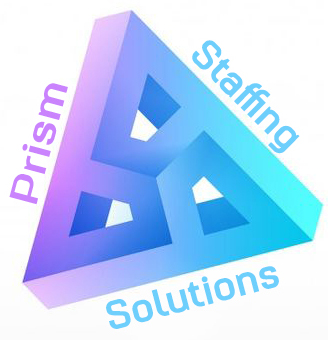The Importance of Health Services in Remote Northern Communities
48% of Canada’s territory is encompassed in what we call Northern Canada, inhabited by 53% of Indigenous populations: Inuit, First Nations, and Métis. It includes Nunavut, the Yukon, and the Northwest Territories.
Divided into two parts, this massive zone is named the Far North when it comes to the Arctic, which is populated by Inuit communities. Near North, on the other hand, consists of the sub-Arctic part of the country. Population density ranges up north from 0.02 per square kilometre to 0.08 compared to 4.2 for the entire Canadian territory; numbers that can be explained by extreme climate and geographic remoteness.
According to the study entitled Enhancing access to care in northern rural communities via telehealth in the International Journal of Circumpolar Health, northern communities also suffer from health disparities and inferior medical access, for which the costs double compared to the rest of Canada.






